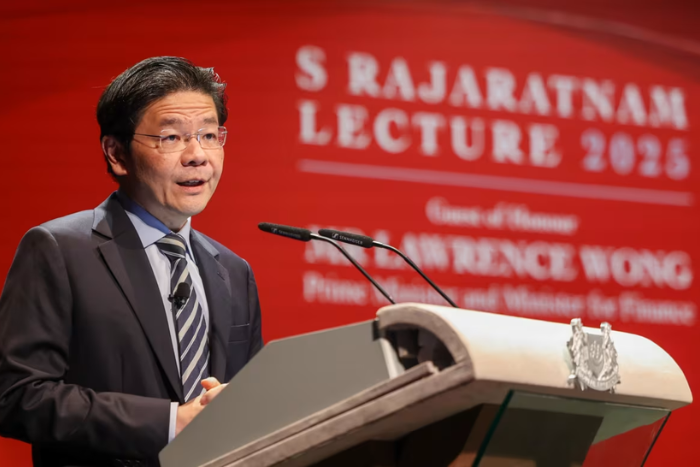At the Rajaratnam Lecture on April 16, Prime Minister Lawrence Wong outlined Singapore’s foreign policy vision amid growing global instability. He warned that the world is undergoing a period of fragmentation and power transition, where traditional global order is breaking down and nations are increasingly prioritizing narrow self-interest.
In such a time, small states like Singapore cannot afford to remain passive observers.
PM Wong emphasized that today’s Singapore is not powerless. Equipped with more resources, stronger capabilities, and an extensive international network, Singapore is well-positioned to respond with agility and take charge of its future.
Three Pillars of Singapore’s Future Foreign Policy
-
Active Participation in Global Governance
-
Singapore will continue to contribute meaningfully to global issues such as the rule of law, sustainability, and multilateralism.
-
A new Development Partnership Unit will be set up under the Ministry of Foreign Affairs to coordinate cross-agency cooperation in external engagements.
-
-
Promoting Regional Unity and Integration
-
ASEAN remains the core of Singapore’s foreign policy.
-
PM Wong called for ASEAN to achieve 100% tariff elimination and reduce non-tariff barriers to enhance regional economic integration.
-
-
Expanding and Deepening International Partnerships
-
Singapore will strengthen its engagement with regions such as Africa, the Middle East, and Latin America.
-
New diplomatic missions will be established to support growing interests in digital economy, renewable energy, and other emerging areas.
-
Navigating a Fragmented Global Order
PM Wong noted that the United States is stepping back from its role as global policeman and order-keeper, while no other nation is ready or willing to take its place. As a result, the world is becoming more fragmented and competitive.
In this environment, Singapore must act with clarity, flexibility, and resilience. PM Wong shared that Singapore has been in active dialogue with partners from Malaysia, Japan, New Zealand, the UK, and the EU. One common message emerged:
“The world needs more cooperation, not less.”
He added that Singapore is working to deepen economic cooperation through agreements like the Comprehensive and Progressive Agreement for Trans-Pacific Partnership (CPTPP) and by enhancing strategic ties between ASEAN and the EU.
A Trusted Global Hub with a Clear Purpose
Domestically, PM Wong acknowledged that Singaporeans may have differing views on international matters, especially in a time of global turmoil. However, he urged Singaporeans to remain united and not let diversity become a source of division.
He reaffirmed Singapore’s long-standing role as:
“A safe harbour, a global business and trade hub, and a trusted platform for international exchange.”
Amidst uncertainty, Singapore remains committed to creating ideas, products, and partnerships that bring value both to its people and to the wider world.

